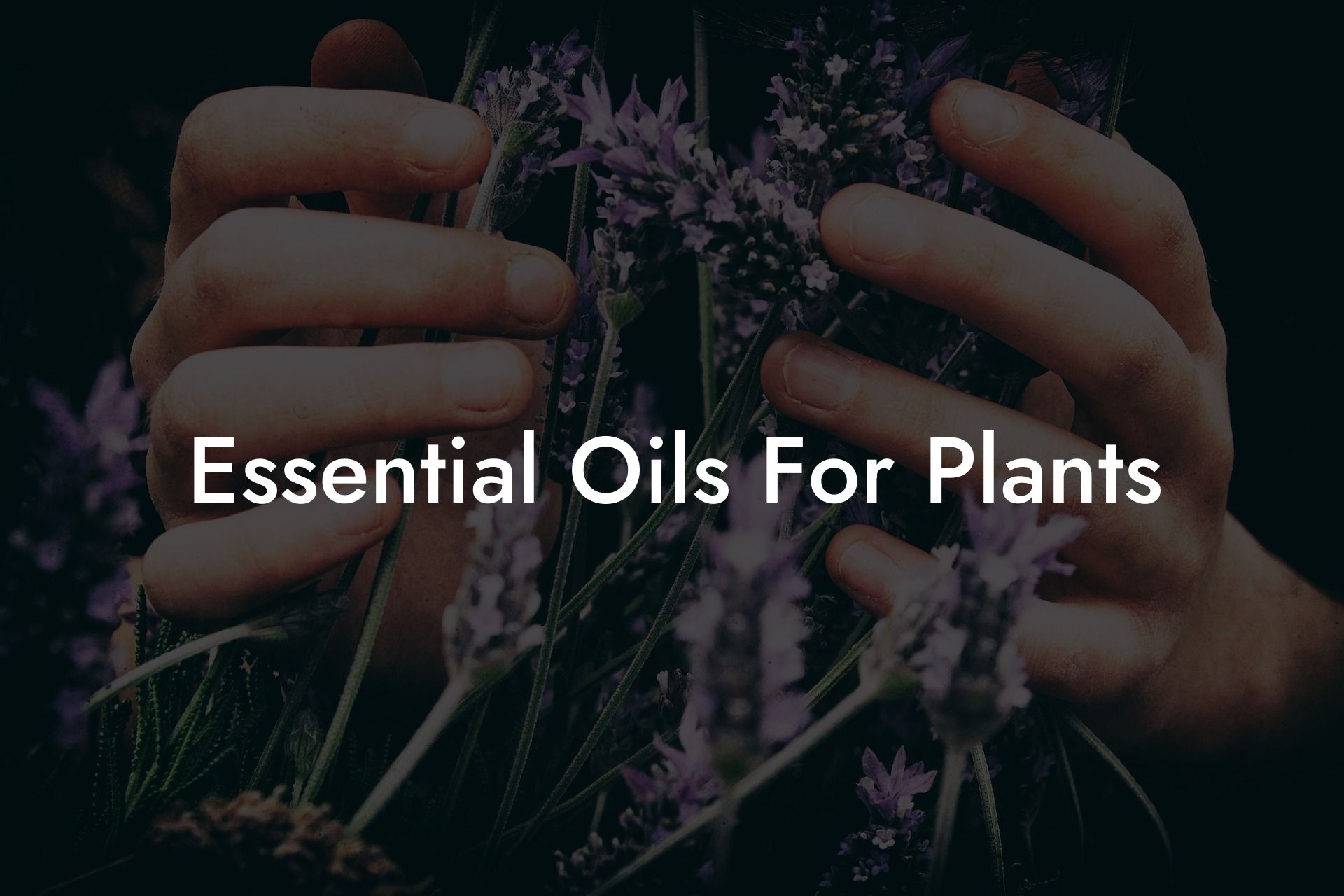Are you an avid gardener looking for new ways to nurture your plants? The power of essential oils can benefit your precious green friends too. Discover the incredible advantages of using essential oils for plants and how to incorporate them effectively in your garden.
Table of Contents
Why Use Essential Oils for Plants?
Essential oils are powerful, natural extracts derived from plants, possessing numerous therapeutic properties. They can offer substantial benefits to your garden, such as:
- Promoting plant growth
- Repelling pests
- Preventing diseases
- Stress relief for plants
- Improving soil quality
Popular Essential Oils for Plant Care
1. Lavender Oil
A popular oil known for its calming fragrance, lavender oil helps promote plant growth and repel pests like aphids and whiteflies.
2. Peppermint Oil
With its strong, invigorating scent, peppermint oil is effective at keeping several pests at bay, including ants, spiders, aphids, and more.
3. Eucalyptus Oil
Eucalyptus oil is a powerful antifungal agent that can help prevent and treat plant diseases caused by fungal infections.
4. Tea Tree Oil
Tea tree oil has potent antibacterial and antifungal properties that can keep harmful pathogens away from your plants, ensuring their healthy growth.
5. Rosemary Oil
Rosemary essential oil is beneficial in promoting plant growth and can also deter various insects, such as cabbage moths, from feasting on your vegetables or flowers.
How to Use Essential Oils for Plants
It’s essential to bear in mind that oils should be used sparingly and appropriately diluted since they are very potent. Below are some effective methods for using essential oils in your garden:
1. Soil Treatment
Add a few drops of essential oil to your watering can, ensuring thorough dilution before watering your plants. This method allows the plants to absorb the oils through the soil, promoting growth and improving soil quality.
2. Foliar Spray
Combine a few drops of your chosen essential oil with water and a small amount of natural soap in a spray bottle. Shake well before each use, and mist the plants’ leaves, ensuring even coverage. This method helps deter pests, prevent diseases, and promote relaxation for the plant.
3. Diffusers and Airborne Application
Using essential oil diffusers around your garden can deter pests and create a soothing atmosphere for your plants. Simply fill the diffuser with water and add a few drops of the essential oil of your choice.
Essential Oils For Plants Example:
Imagine you have a lovely rose garden that’s been invaded by aphids, causing damage to the petals and affecting the overall health of your roses. To repel these pesky insects and encourage healthy growth, you can create a foliar spray using the following ingredients:
- 10 drops of lavender essential oil
- 10 drops of peppermint essential oil
- 1 tablespoon of natural unscented soap
- 1-quart water
Combine all items in a spray bottle, shaking well before each use. Generously mist the affected roses, focusing on the underside of leaves where aphids tend to cluster. Repeat this application every few days until the aphids are no longer present, and continue using it as a preventive measure throughout the season.
Essential oils can be a fantastic, natural addition to your gardening toolbox, proving beneficial for both you and your plants. By experimenting with different oils and application methods, you can create a thriving, healthy garden. Share this article with fellow garden enthusiasts and explore other informative guides on Oshu Oils to learn more about essential oils and aromacology. Browse the Oshu Oils range of artisan essential earth oils to incorporate these potent extracts into your plant care routine and witness the incredible transformation in your garden.





















